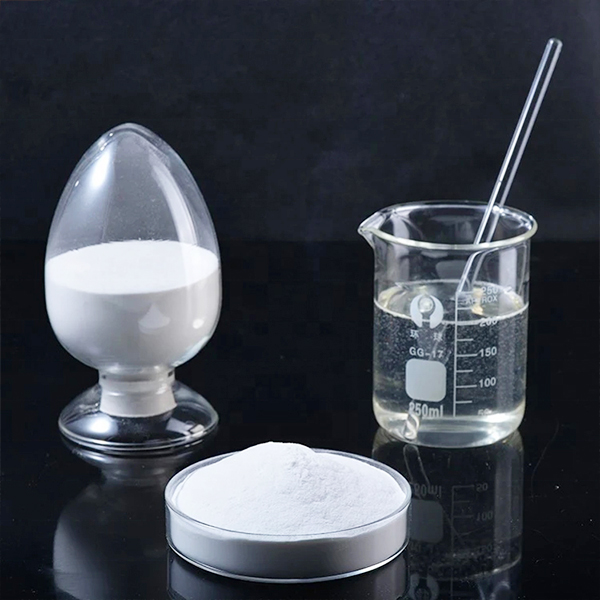The Best Adhesive for Tile A Comprehensive Guide
When it comes to tiling, whether it's for a new bathroom, kitchen backsplash, or flooring, selecting the right adhesive is crucial for achieving a long-lasting and aesthetically pleasing finish. With a wide array of options available, it can be overwhelming for both DIY enthusiasts and professional contractors to navigate the choices. This article delves into the various types of tile adhesives, their specific uses, and tips for selecting the best adhesive for your project.
Understanding Tile Adhesives
Tile adhesives come in various formulations designed for specific materials and applications. The most common types include
1. Thin-Set Mortar This is the most widely used adhesive for ceramic and porcelain tiles. Thin-set mortar is a cement-based product that is mixed with water before application. It's ideal for indoor and outdoor projects, providing excellent bonding strength as well as flexibility.
2. Modified Thin-Set Mortar This is similar to standard thin-set but includes additional polymers to enhance its performance. The modified version is particularly useful for installing larger tiles, in wet areas, and on difficult substrates.
3. Mastic Adhesive Made from organic compounds, mastic is a premixed adhesive that is easy to apply and suitable for wall tiles in dry areas. However, it is not recommended for wet areas like bathrooms or for flooring due to its lower moisture resistance.
4. Epoxy Adhesives Epoxy is a very strong adhesive that is resistant to moisture, chemicals, and heat. It's often used for commercial applications or in areas exposed to harsh conditions. However, it can be harder to work with and generally requires careful mixing and application.
5. Fleece-Back Adhesive This type of adhesive is designed for large format tiles and provides a strong bond while allowing for slight movements in the substrate. It's particularly useful for exterior applications where temperature fluctuations may occur.
Factors to Consider When Choosing Tile Adhesive
adhesive for tile

1. Type of Tile The material and size of your tiles will influence the type of adhesive you should use. For heavier or larger tiles, a modified thin-set mortar or fleece-back adhesive is recommended.
2. Location of Installation For wet areas such as bathrooms or kitchens, opt for moisture-resistant adhesives. In contrast, mastic can be used in dry zones, like walls, but not recommended for floors or wet conditions.
3. Substrate Condition The surface where the tiles will be installed plays a significant role in adhesive selection. Ensure that the substrate is clean, dry, and even. If you are tiling over existing flooring or walls, the adhesive needs to be compatible with the substrate material.
4. Climate Considerations If your installation is in an area that experiences extreme temperatures or moisture levels, select adhesives specifically designed for those conditions. Epoxy or modified thin-set mortars often handle such environments better.
Tips for Successful Tiling
- Follow Manufacturer Instructions Always read the manufacturer’s guidelines for both the tile and adhesive. This will provide vital information on curing times, mixing ratios, and application methods.
- Use Correct Application Tools Ensure you have the right notched trowel and other tools for the type of adhesive you choose, as this impacts the adhesive's performance.
- Allow for Curing Time Different adhesives have varying curing times. Patience is key; allow the recommended time before grouting or exposing the surface to full traffic.
- Perform a Test Patch If uncertain about an adhesive's performance, conduct a test patch to assess its bonding capability.
In conclusion, choosing the right adhesive for tile installation is critical for ensuring the durability and finish of your project. By understanding the different types of adhesives and considering factors such as tile type, location, and substrate, you can achieve a professional-looking and long-lasting installation. Whether you're a DIY enthusiast or a seasoned professional, making informed decisions will lead you to beautiful and resilient tiled surfaces.
-
Rdp Powder: Key Considerations for Wholesalers in the Building Materials IndustryNewsJul.08,2025
-
Key Considerations for Wholesalers: Navigating the World of Hpmc - Based ProductsNewsJul.08,2025
-
Hpmc Detergent: Key Considerations for WholesalersNewsJul.08,2025
-
Key Considerations for Wholesalers: China Hpmc For Tile Adhesive, Coating Additives, Concrete Additives, and MoreNewsJul.08,2025
-
Crucial Considerations for Wholesalers: Navigating the World of Construction MaterialsNewsJul.08,2025
-
Key Considerations for Wholesalers Sourcing Additive For Cement, Additive For Concrete, Additive For Putty from Additive Manufacturer Shijiazhuang Gaocheng District Yongfeng Cellulose Co., Ltd.NewsJul.08,2025




